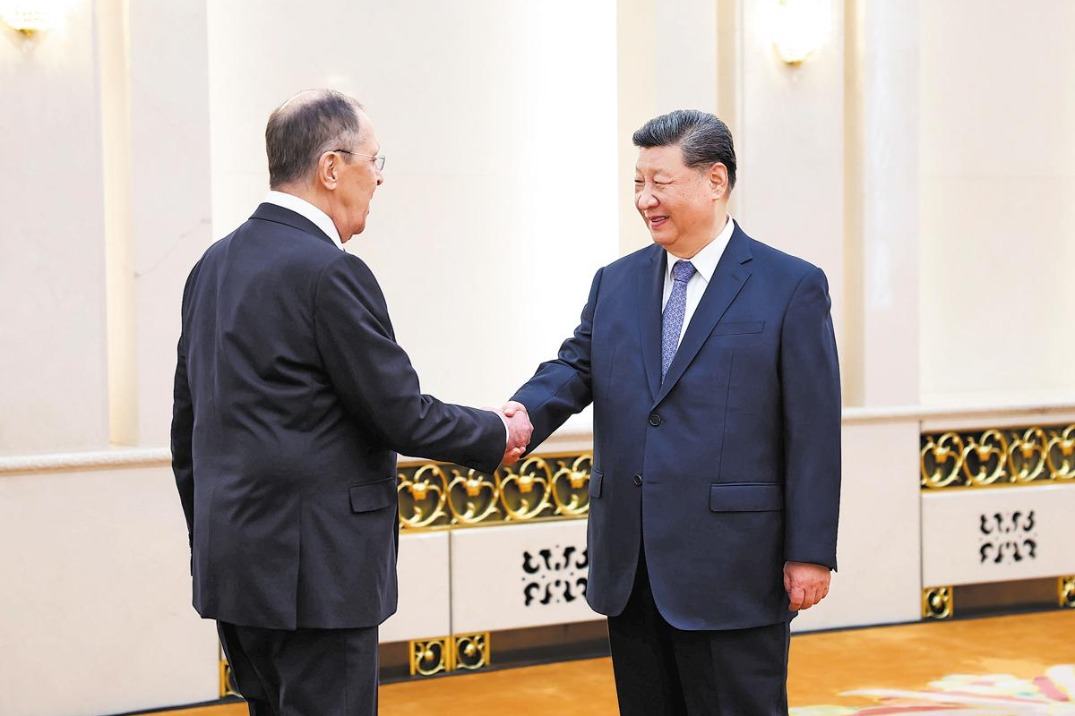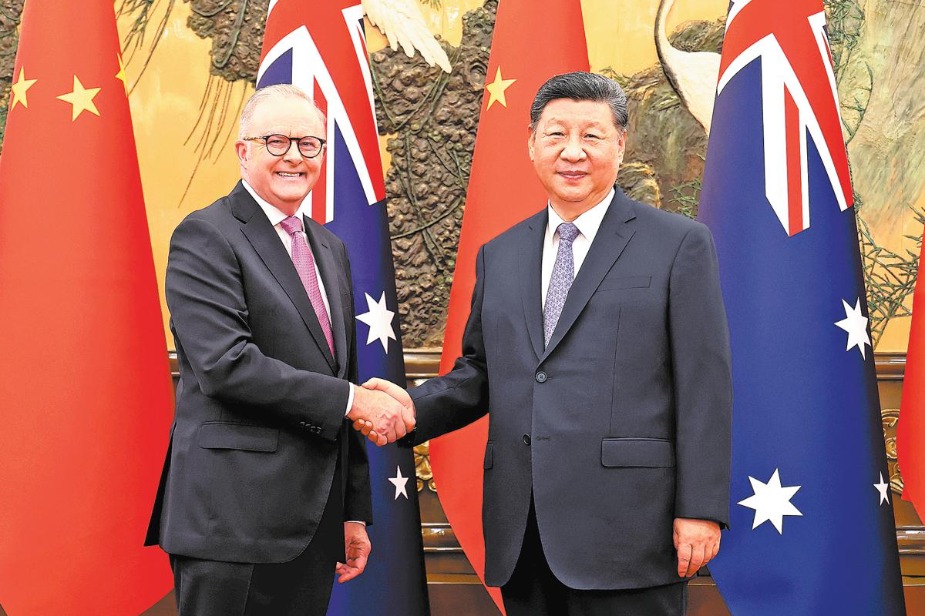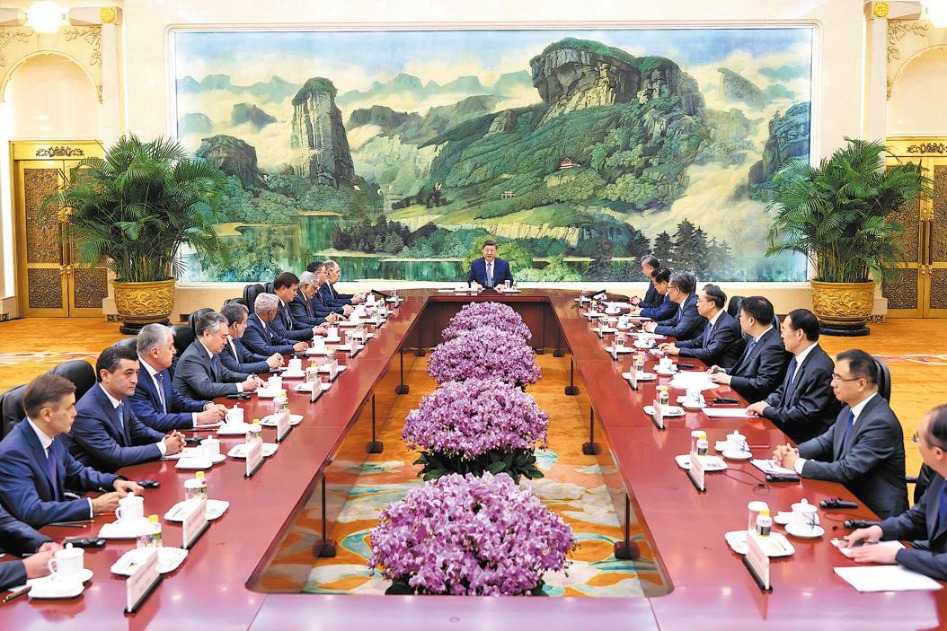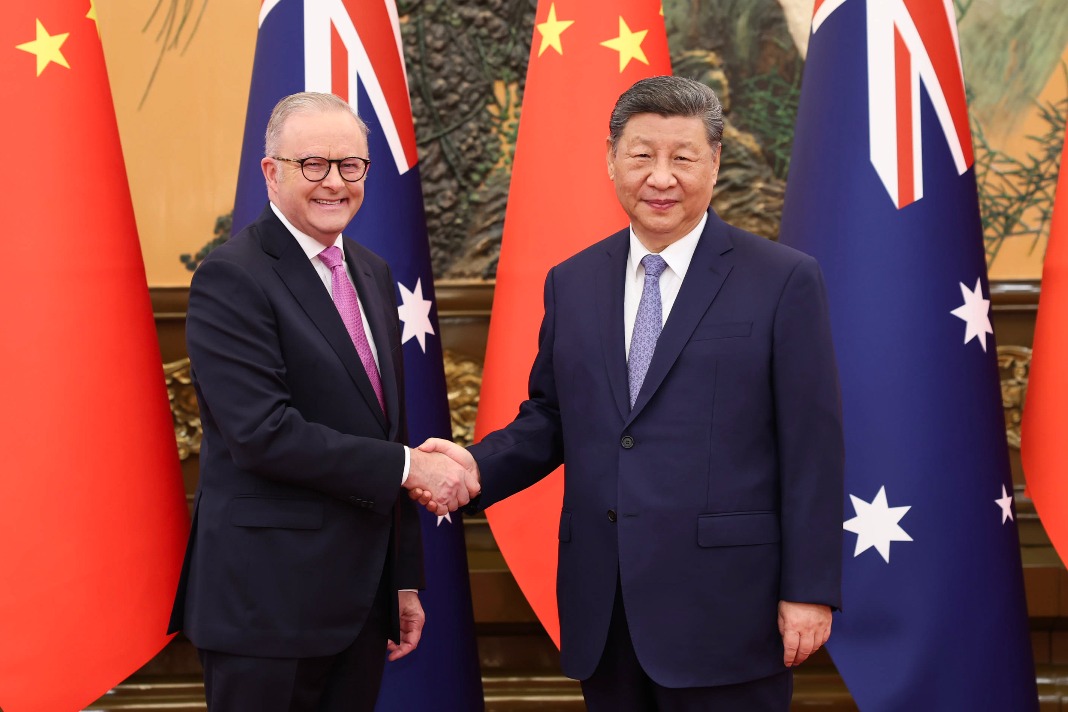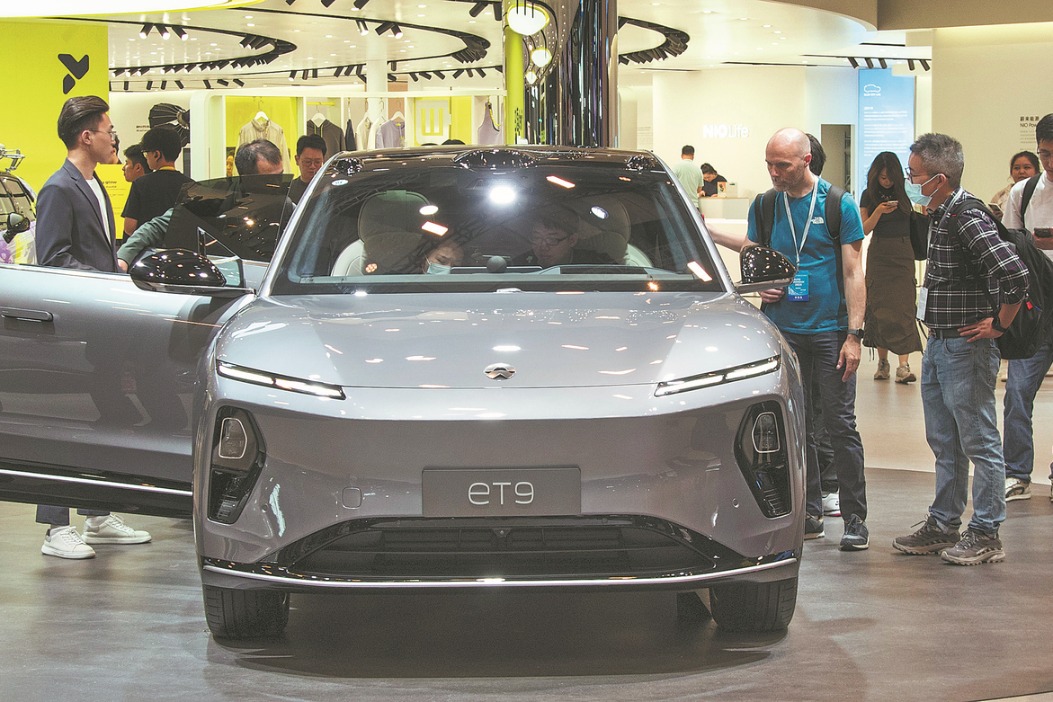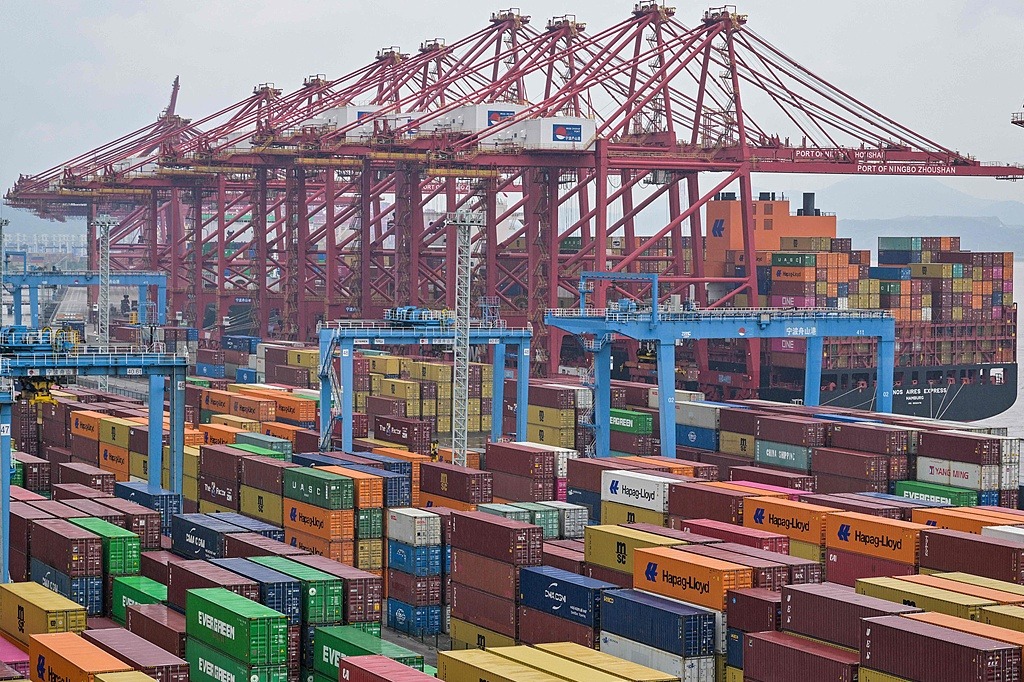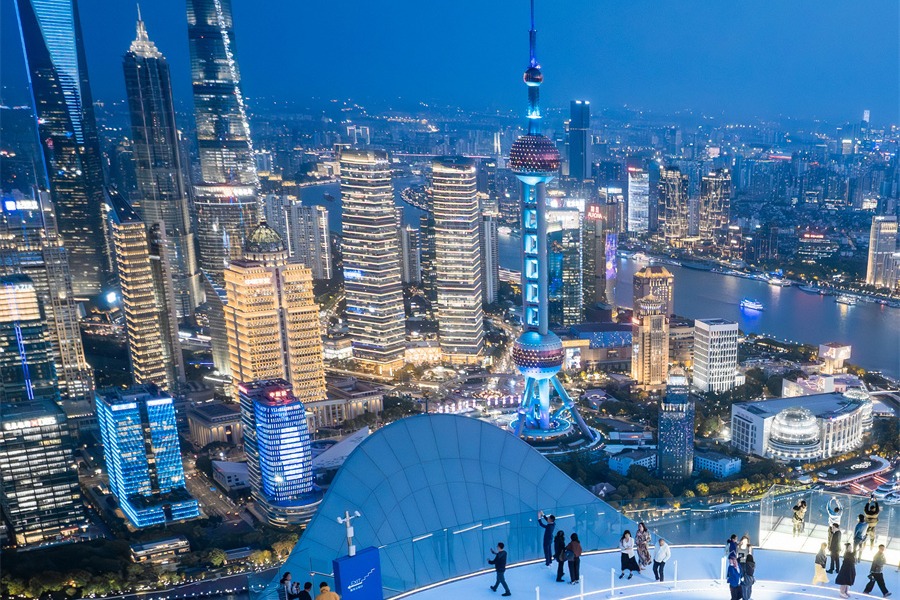Testament to appeal of China's economy: China Daily editorial

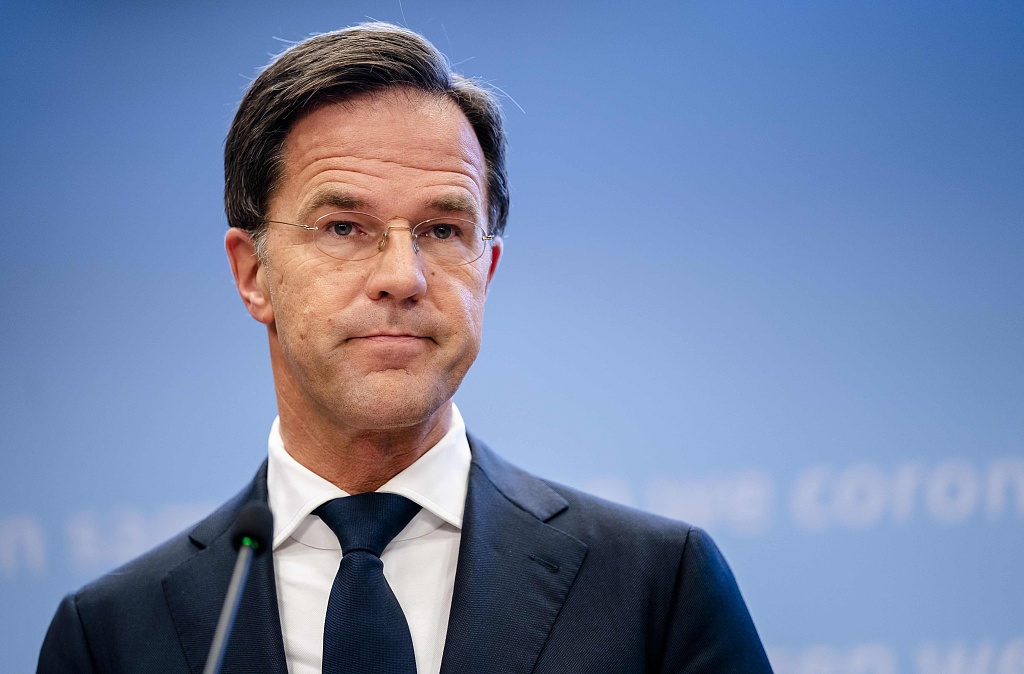
Testifying to the Chinese economy's lasting appeal, a number of foreign leaders and representatives of international organizations and the global business community have been visiting China to seek to further expand economic and trade cooperation.
Dutch Prime Minister Mark Rutte and Minister for Foreign Trade and Development Cooperation Geoffrey van Leeuwen are the latest to add their names to the guestbook, visiting from Tuesday to Wednesday.
China's open and welcoming attitude toward foreign investment and business, the downward pressure on the Dutch economy, and China's economic complementarity with the Netherlands all serve to justify the high hopes the Dutch business community pins on Rutte's visit helping expand access to the Chinese market, especially in the financial, high-tech and service sectors that Beijing has vowed to further open up.
That the Rutte government is seeking "opportunities for economic cooperation" with China, seemingly in defiance of Washington, is because of the practical needs to promote a sustainable recovery of the Dutch economy and straighten out the Netherlands' relations with its second-largest trading partner outside the European Union.
The big fluctuations in Sino-Dutch trade over the past two years — bilateral trade surged 12 percent year-on-year in 2022 hitting $130.2 billion and plummeted 9.8 percent to $117 billion in 2023 — indicates how the tech war the United States is waging against China has affected the common interests of China and the Netherlands, with the latter's exports of advanced chipmaking equipment bearing the brunt of the US' restrictive measures. It is thus hoped that Rutte's visit can help the Dutch companies find ways to break the deadlock for a win-win result.
Both the Dutch government and enterprises will know that doing the US' bidding is tantamount to sacrificing Dutch interests for the narrow ends of a handful of China-bashing US politicians. The Republic of Korea government and some major ROK chipmaking companies, as well as their counterparts in France, Australia, New Zealand and Germany have all proved that it is completely possible to strike a balance between the two. Dealing with China does not actually harm their US relations.
Three days prior to the start of Rutte's visit, Bavaria's Minister-President Markus Soeder, who is also leader of the Christian Social Union in Bavaria, an economic powerhouse of Germany, embarked on what he called "a very, very important trip" to China up to Thursday for the similar objective of strengthening economic ties and dialogue.
The German government and enterprises have also long realized that "de-risking" is by no means a panacea for the ills of the German economy, but a ruse Washington is using to drag the EU onto its anti-China bandwagon. The US peddles its "value diplomacy", but refuses to help its allies to find markets to consume their products and services that it dictates that they should not sell to China.
Apart from its strong manufacturing base, superlarge market and global connections, China's pursuit of innovation-driven growth, high-quality development and sustainability has made it a major player in the digital economy, artificial intelligence, green technology, new energy and information technology on the world stage.
The openness of China and the robustness of its economy, and its commitment to economic globalization, free trade, multilateral governance and fair competition only make the country more attractive to businesses in an increasingly volatile world where people have been fed up with the US' beggar-thy-neighbor preaching about unilateralism, protectionism and hegemony.
















